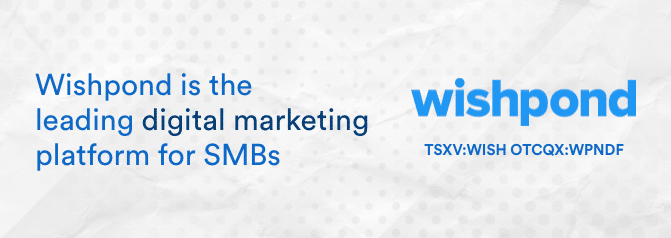
Linus Torvalds, founder of the Linux kernel, upon which the Android operating system is based. “Like science, Open Source allows people to build on a solid base of previous knowledge, without some silly hiding.”
What is Android?
First of all, the basics. If you don’t have an iPhone, there’s a good chance you are already using Android.
Android, of course, is a Linux-based operating system that was initially developed by the company of the same name and bought by Google in 2005.
The first Android powered phone, the T-Mobile G1 was sold in 2008. Android has since become the dominant operating system for mobile devices. By the end of last year, research firm IDC estimated that Android was powering a full three-quarters of all smartphones, worldwide.
IOS, the operating system that powers the iPhone, currently has 14.9% of the market, and BlackBerry slipped to 4.3% ahead of the release of its new OS in January, BlackBerry 10.
Android currently powers best-selling devices such as the Galaxy S3, the Samsung Epic Touch, and the Motorola Droid Razr.
Notice yourself getting hungry while reading about tech lately? That’s because Google names all its operating systems updates (new versions) after desserts. The first update, Android 1.5, was called Cupcake. It was followed by Donut, Eclair, Froyo, Gingerbread, Honeycomb, Ice Cream Sandwich, and Jellybean.
Many attribute Android’s popularity to the fact that it allows device manufactures to concentrate on differentiating their product without having to spend valuable time and money writing and rewriting a unique OS. Instead, a smartphone maker can focus on a few teaks to the code, the device’s software and its fit and finish.
Today, BlackBerry and Apple are the only two major mobile device makers that haven’t open sourced their operating systems en masse. There have been many calls on both to make their operating system open source, but the fact is that has already started to happen.
Jim Zemlin, executive director of the Linux Foundation CloudOpen, says in the case of Apple this was revealed to those with a sharp eye for fine print.
“Apple, known to be one of the most closed companies in the world, is using a lot of open source technology. It is proved by the licensing information in the Apple iPhone. The legal section on the iPhone cites Linux Kernel developer Ted Ts’o for his code. Apple uses Linux Suse. Apple has billions of dollars, which can buy companies like HP, Intel and Dell combined. But Apple chose to purchase the copyright to the Common Unix Printing System (CUPS), which is present on every Linux and Apple system.”
And BlackBerry is also dipping a toe into open source. The company began by allowing the management and security of non-BlackBerry enterprise devices with the launch of BlacKBerry Mobile Fusion. It also allows Android apps such as Skype and Netflix to be “side-loaded” onto a BlackBerry device.
Linus Torvalds, who created the Linux kernel in 1991, says all software will eventually move to open source because it is simply better.
“Me, I just don’t care about proprietary software.” he said in a 2007 presentation. “It’s not “evil” or “immoral,” it just doesn’t matter. I think that Open Source can do better, and I’m willing to put my money where my mouth is by working on Open Source, but it’s not a crusade – it’s just a superior way of working together and generating code.
It’s superior because it’s a lot more fun and because it makes cooperation much easier (no silly NDA’s or artificial barriers to innovation like in a proprietary setting), and I think Open Source is the right thing to do the same way I believe science is better than alchemy. Like science, Open Source allows people to build on a solid base of previous knowledge, without some silly hiding.
In 2006, a study funded by the European Union put the redevelopment cost of the Linux kernel version 2.6.8 higher, at €882 million euros ($1.14 billion US dollars).
____________
Leave a Reply
You must be logged in to post a comment.





 Share
Share Tweet
Tweet Share
Share




Comment